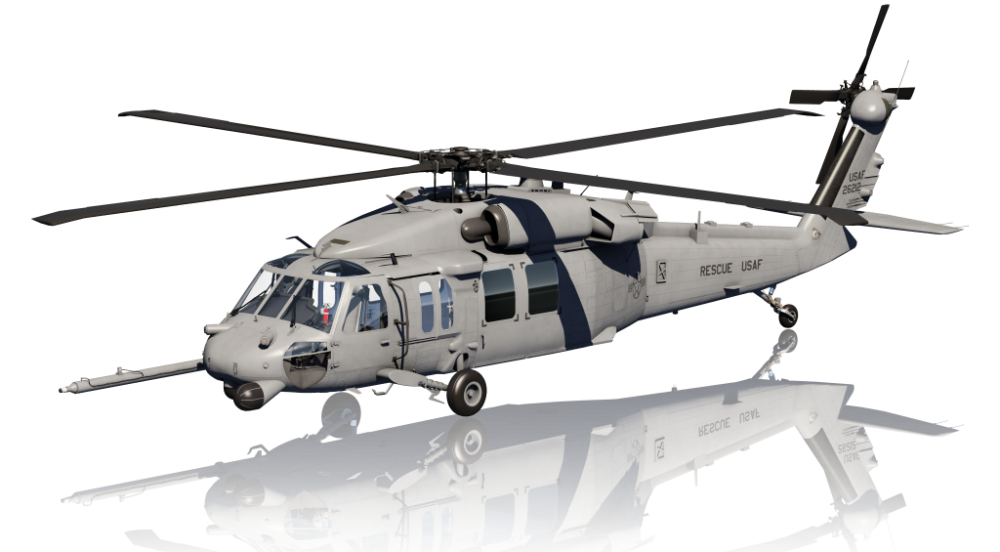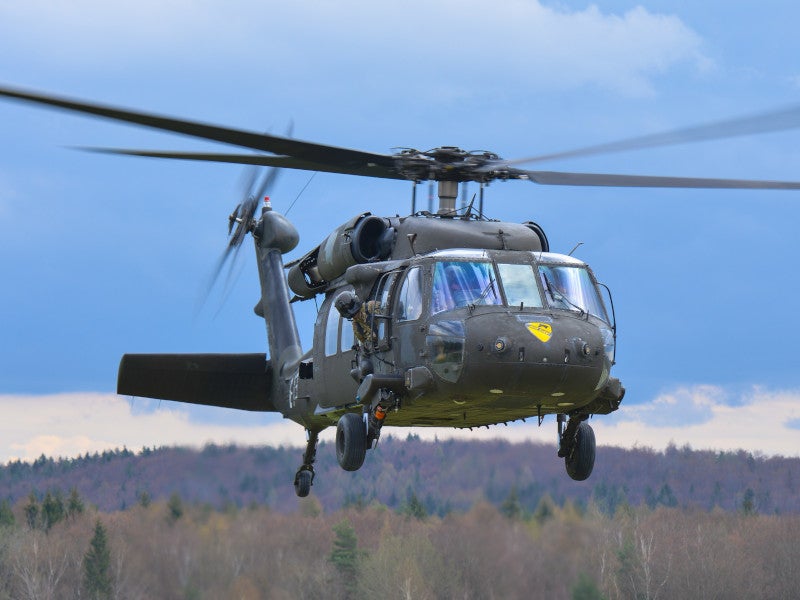Upkeep and Upkeep for UH 60 Helicopters
Upkeep and Upkeep for UH 60 Helicopters
Blog Article
The Role of Aircraft fit International Transportation and Trade Dynamics
Via the establishment of durable air cargo networks, services can now browse worldwide markets with amazing rate and dexterity, thereby redefining supply chain techniques. As we discover the complex impacts of airplane on worldwide profession, it is essential to consider exactly how these variables will form the future landscape of air travel and its role in the economy.

Advancement of Air Transport
The evolution of air transport has actually been noted by considerable technical improvements and advancements that have transformed the method people and goods relocate throughout the world. From the Wright bros' very first powered flight in 1903 to the advancement of supersonic jets, each turning point has actually underscored the unrelenting search of performance and speed in air travel.
The latter component of the 20th century saw the introduction of industrial aviation as a feasible mode of transportation, characterized by the intro of jet engines, which transformed air traveling by dramatically decreasing flight times. The surge of air freight in parallel with passenger services has actually even more emphasized the adaptability of aeronautics.
Effect on Global Profession
Air transport has profoundly improved global profession by assisting in the swift movement of products throughout substantial distances. This expedited logistics ability permits companies to react swiftly to market demands, consequently enhancing supply chain performance. The capacity to transfer perishable goods, high-value items, and time-sensitive products has actually opened up brand-new markets and possibilities for various industries, dramatically influencing trade patterns.
Furthermore, the growth of air freight networks has actually cultivated globalization, enabling companies to resource products and items from various components of the world seamlessly. This interconnectedness decreases lead times and costs, enabling organizations to continue to be competitive in a progressively worldwide market. Furthermore, air transportation plays a critical function in shopping, where customer assumptions for fast delivery have actually driven a rise sought after for air cargo services.
The impact of aircraft on international profession prolongs to the development of strategic profession courses, connecting areas and promoting international partnerships. Nations that purchase air transport facilities frequently experience enhanced economic growth and raised international direct financial investment. On the whole, the advancement of air transport has not only changed the logistics landscape however has also become a crucial part in the dynamics of worldwide trade.

Financial Advantages of Aviation
A robust air travel market generates substantial financial benefits, adding to work development, tourist, and total economic development - uh 60. The air travel market sustains millions of jobs internationally, ranging from direct work in airline companies and airport terminals to indirect duties in markets such as hospitality, transportation, and logistics. According to sector reports, for each job in the aeronautics industry, approximately 3.5 added jobs are produced in the wider economic situation
Tourist is a pivotal aspect of the financial benefits derived from aviation. Air traveling helps with global tourist, permitting vacationers to explore diverse destinations, which in turn stimulates regional economic climates. Countries that invest in their aeronautics infrastructure frequently experience boosted traveler arrivals, leading to higher spending on services such as restaurants, destinations, and resorts.

In addition, aeronautics improves international connection, allowing businesses to access new markets and resources effectively. As a result, fields such as ecommerce and manufacturing advantage exceptionally from reliable air transport, additional driving financial development.
Difficulties Facing the Aviation Market
Navigating an intricate landscape of regulatory, ecological, and economic obstacles, the aviation market encounters considerable difficulties that threaten its sustainability and growth. Regulations bordering safety and protection are continually progressing, requiring recurring compliance and adaptation from manufacturers and airline companies (uh 60). This can result in raised operational expenses and source allotment that interferes with innovation and development efforts
In addition, ecological concerns have become vital, with expanding examination over carbon discharges and environmental pollution. The sector is under stress to take on greener modern technologies and practices, which usually require substantial financial investment in r & d. Stabilizing these environmental responsibilities with the demand Web Site for air traveling offers a substantial obstacle.
Financial variations, such as climbing gas prices and geopolitical uncertainties, further make complex the landscape. Airlines often grapple with volatile operating expense and rising and fall guest need, which can influence profitability and long-lasting preparation. Labor shortages and ability voids in essential locations add another layer of complexity, hindering functional performance.
Inevitably, dealing with these diverse difficulties is vital for the aeronautics industry to preserve its critical role in global transport and profession, while guaranteeing strength and reference adaptability in a significantly affordable market.
Future Fads in Flight
Emerging technologies and shifting consumer preferences are poised to reshape the future of flight dramatically. The combination of man-made intelligence and machine learning is anticipated to improve operational performance, enhance airport terminal processes, and enhance customer solution. Predictive analytics will certainly assist in a lot more exact need forecasting, allowing airlines to enhance flight schedules and rates versions.
Sustainability is ending up being an essential vehicle driver in air traveling, with the aviation sector increasingly concentrated on lowering carbon emissions. Innovations in airplane design, such as hybrid and electrical propulsion systems, are being explored to fulfill environmental targets. The fostering of lasting aviation gas (SAFs) is anticipated to play an essential duty in accomplishing net-zero discharges helpful resources by 2050.
Customer preferences are changing in the direction of individualized travel experiences. Airlines are investing in sophisticated information analytics to tailor services and improve client involvement, guaranteeing an extra customized journey from scheduling to arrival. Furthermore, the rise of remote work might cause raised need for recreation travel, as people seek to incorporate work and holiday.
Verdict
Finally, airplane significantly influence global transport and trade characteristics by helping with fast motion and improving supply chain efficiency. The evolution of air transportation has changed international trade, producing considerable financial benefits while likewise offering challenges that need critical monitoring. Future fads show an ongoing dependence on air travel for business, underscoring its important role in globalization and economic growth. The ongoing adjustment of the aeronautics market will certainly be necessary for sustaining its payments to the international economic climate.
The latter component of the 20th century saw the emergence of industrial aviation as a practical mode of transportation, defined by the introduction of jet engines, which changed air travel by dramatically decreasing flight times. The surge of air freight in parallel with traveler services has even more underscored the convenience of air travel. Additionally, air transport plays a vital duty in ecommerce, where customer assumptions for fast delivery have driven a rise in need for air freight services.
Generally, the evolution of air transport has not only transformed the logistics landscape but has likewise come to be a vital element in the dynamics of worldwide profession.
Sustainability is becoming a vital vehicle driver in air travel, with the air travel sector significantly concentrated on lowering carbon emissions.
Report this page